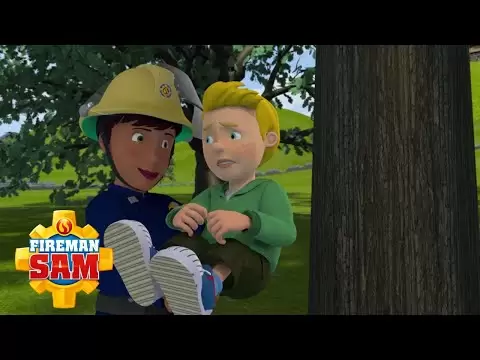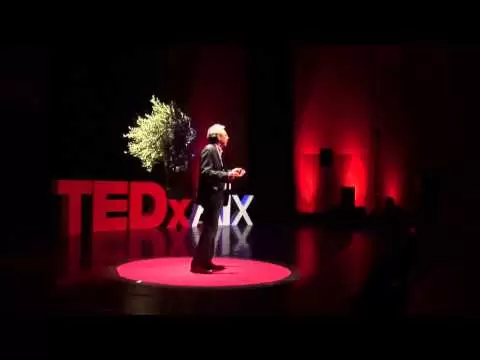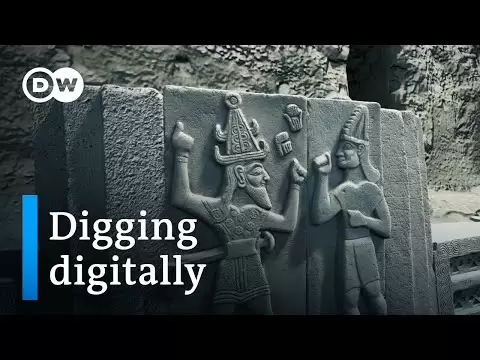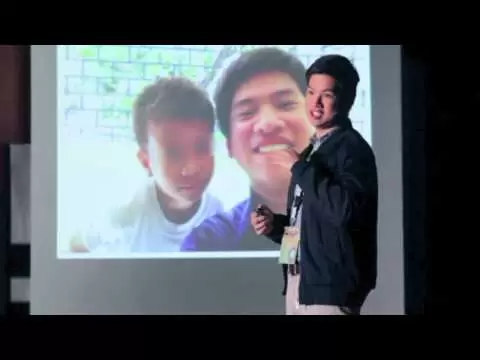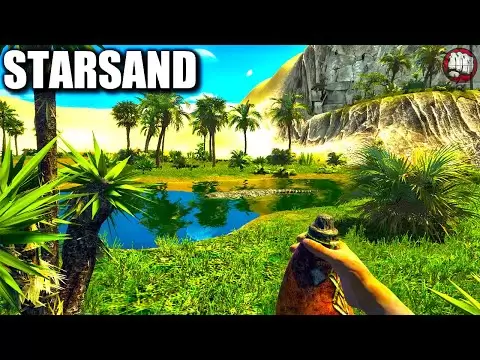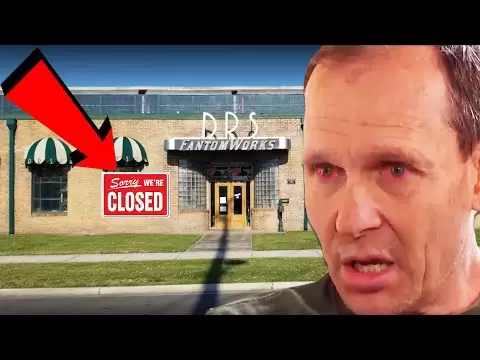YTread - Let's Read YouTube videos as Articles
Minnesota Senator responds to early morning burglary charges
Minnesota Senator responds to early morning burglary charges all right new details tonight after a home in Detroit Lakes was broken into Woodbury state...
Read MoreKelsey Plum and Jackie Young were locked in for UConn-Iowa Final Four...
Kelsey Plum and Jackie Young were locked in for UConn-Iowa Final Four game oh look who it is look who it is whats up she was setting him up that whole...
Read MoreITS OVER! WNBA Player Kelsey Plum LEAVES Husband After FAILED 1 Yr...
ITS OVER WNBA Player Kelsey Plum LEAVES Husband After FAILED 1 Yr Marriage IT WAS A MISTAKE whats going on guys Im J black shout out to everyone thats...
Read MoreInside the NBA reacts to Mavericks vs Clippers Game 2 Highlights
Inside the NBA reacts to Mavericks vs Clippers Game 2 Highlights I got 1259 130 Kenny Kenny 130 128 CH come on they cant fire they cant fire they cant...
Read MorePhoenix Suns vs Minnesota Timberwolves - Full Game 2 Highlights |...
Phoenix Suns vs Minnesota Timberwolves - Full Game 2 Highlights April 23 2024 2024 NBA Playoffs our officiating Cru X area Jos TI dri Taylor alternate is...
Read MoreInside the NBA reacts to Suns vs Timberwolves Game 2 Highlights
Inside the NBA reacts to Suns vs Timberwolves Game 2 Highlights of the NBA we welcome you back feeling crabby Chuck when come on Chris I ask oh the St...
Read MoreEze STARS as Palace land a Hammer blow ⭐ | Crystal Palace 5-2 West...
Eze STARS as Palace land a Hammer blow Crystal Palace 5-2 West Ham Premier League Highlights won kudus into EA little bit tight on the edge of the...
Read MoreI Lost Count! (Lee Judges) | Arsenal 5-0 Chelsea
I Lost Count Lee Judges Arsenal 5-0 Chelsea this video is powered by manscape go to manscapecom AFV for 20 off your order and free shipping keep your boys...
Read More[FULL REACTION] Arsenal WIPED THE FLOOR with Chelsea - Craig Burley |...
FULL REACTION Arsenal WIPED THE FLOOR with Chelsea - Craig Burley ESPN FC what a great result for us take a look at that dear they absolutely dominant...
Read MoreEngland LOSES St George's Day ...
England LOSES St Georges Day so St Georges day what is St Georges day anymore lets get into it with my fellow veteran Kenny boom Kenny Ken how you doing...
Read MoreSt George's day kicking off with the police. Lawrence fox tells police...
St Georges day kicking off with the police Lawrence fox tells police to fk off stgeorgesday apparently its been a fight Ill turn the camera right char...
Read MorePhoto taken by Kate released to mark Prince Louis’s 6th birthday
Photo taken by Kate released to mark Prince Louiss 6th birthday this morning Prince William and Princess cates third youngest and most rambunctious child...
Read MoreHarrison Biggins reacts to Rovers' win over Colchester United
Harrison Biggins reacts to Rovers win over Colchester United har are some many many congratulations what it like to be a Doncaster robers footballer right...
Read MoreGrant McCann reacts to Rovers' record-equalling win at Colchester...
Grant McCann reacts to Rovers record-equalling win at Colchester United Grant many congratulations how proud of your teams performance tonight yeah really...
Read MoreON A MISSION TO CHANGE WOMEN'S COACHING | Nothing Stops Us Documentary...
ON A MISSION TO CHANGE WOMENS COACHING Nothing Stops Us Documentary Chelsea Women the challenge is to make sure were all going to the same place you know...
Read MorePOCHETTINO reacts post-match | Arsenal 5-0 Chelsea | Premier League...
POCHETTINO reacts post-match Arsenal 5-0 Chelsea Premier League 202324 merio a difficult night how do you summarize what you saw this evening really...
Read MoreBlippi Learns Trucks at the Fire Station and More | Educational Videos...
Blippi Learns Trucks at the Fire Station and More Educational Videos for Toddlers hey its me honey and today were at the Bellevue Washington fire station...
Read MorePodcast #262 - Playing Incohearent
Podcast 262 Playing Incohearent welcome back to the Julian podcast these marvel cosplaying here ladies and gentlemen we have Kermit on the table today who...
Read MoreEllie Saves James! | Fireman Sam Official | Cartoons for Kids
Ellie Saves James Fireman Sam Official Cartoons for Kids yes james how many actual fires have you put out lots james i bet she hasnt put out as many...
Read MoreThe myth of globalisation | Peter Alfandary | TEDxAix
The myth of globalisation Peter Alfandary TEDxAix I sometimes describe myself as a culturally conflicted Englishman I am first generation born in the UK...
Read MoreArcheology - exploring the past with modern technology | DW History...
Archeology exploring the past with modern technology DW History Documentary the technical technological advancement is rapid so rapid its almost...
Read MoreFrom landscape architecture to conservation agriculture | Thomas Woltz...
From landscape architecture to conservation agriculture Thomas Woltz TEDxCharlottesville the conservation agriculture studio at Nelson Burt waltz...
Read More1000 COMMON ENGLISH QUESTIONS AND ANSWERS for beginners | English...
1000 COMMON ENGLISH QUESTIONS AND ANSWERS for beginners English Conversation me are you American no Im not Im Canadian do you speak English a little but...
Read MorePull Up Wit Ah Stick: The Music Video that Took Down a Neighborhood
Pull Up Wit Ah Stick The Music Video that Took Down a Neighborhood police are trying to find the shooter or shooters involved in the murder of a man in...
Read MoreFinding f(x): Why I teach for the Philippines | Delfin Villafuerte |...
Finding fx Why I teach for the Philippines Delfin Villafuerte TEDxXavierSchool Im gonna try something Ill say class and you will answer with yes but you...
Read MoreMagpakailanman: Revenge body against my body-shaming crush | Full...
Magpakailanman Revenge body against my bodyshaming crush Full Episode Adrian goes to beta the ease of course in the mutual understanding at io that...
Read MoreI Found a MILLIONAIRE Only Server in Minecraft!
I Found a MILLIONAIRE Only Server in Minecraft I have found a millionaire only server in Minecraft look at these millionaires on the server always coming...
Read MoreCathering mcbroom ass - Catherine Paiz | Before and After...
Cathering mcbroom ass Catherine Paiz Before and After Transformations Plastic Surgery Transfor A few of you requested that I do a Beforeand After vid on...
Read MoreDesert Survival, Tame Craft Build | Starsand Gameplay | First Look
Desert Survival Tame Craft Build Starsand Gameplay First Look how is it going this is game edge and thank you so much for joining me this is star sand...
Read MoreFantomWorks Officially ENDED After This Happened... IS FANTOMWORKS...
FantomWorks Officially ENDED After This Happened IS FANTOMWORKS STILL OPEN IN 2021 phantomworks officially ended after this happened i pull into the garage...
Read MoreIELTS LISTENING- ITALIA BREAKS - EBENZ DAY 51"},"lengthSeconds":"2246"...
IELTS LISTENING ITALIA BREAKS EBENZ DAY 51lengthSeconds2246ownerProfileUrlhttpwww section one you will hear a man telephone a travel company to book a...
Read MorePORQUE MARK SLADE ( BLUE ) DEJO LA SERIE EL GRAN CHAPARRAL ????
PORQUE MARK SLADE BLUE DEJO LA SERIE EL GRAN CHAPARRAL hola amigos que tal soy jota y bienvenidos a mi canal hoy veremos porque mrquez ley de abandono...
Read More







![[FULL REACTION] Arsenal WIPED THE FLOOR with Chelsea - Craig Burley | ESPN FC](https://youtuberead.com/images/default/hq/6NfkrT1kHyg.webp)









